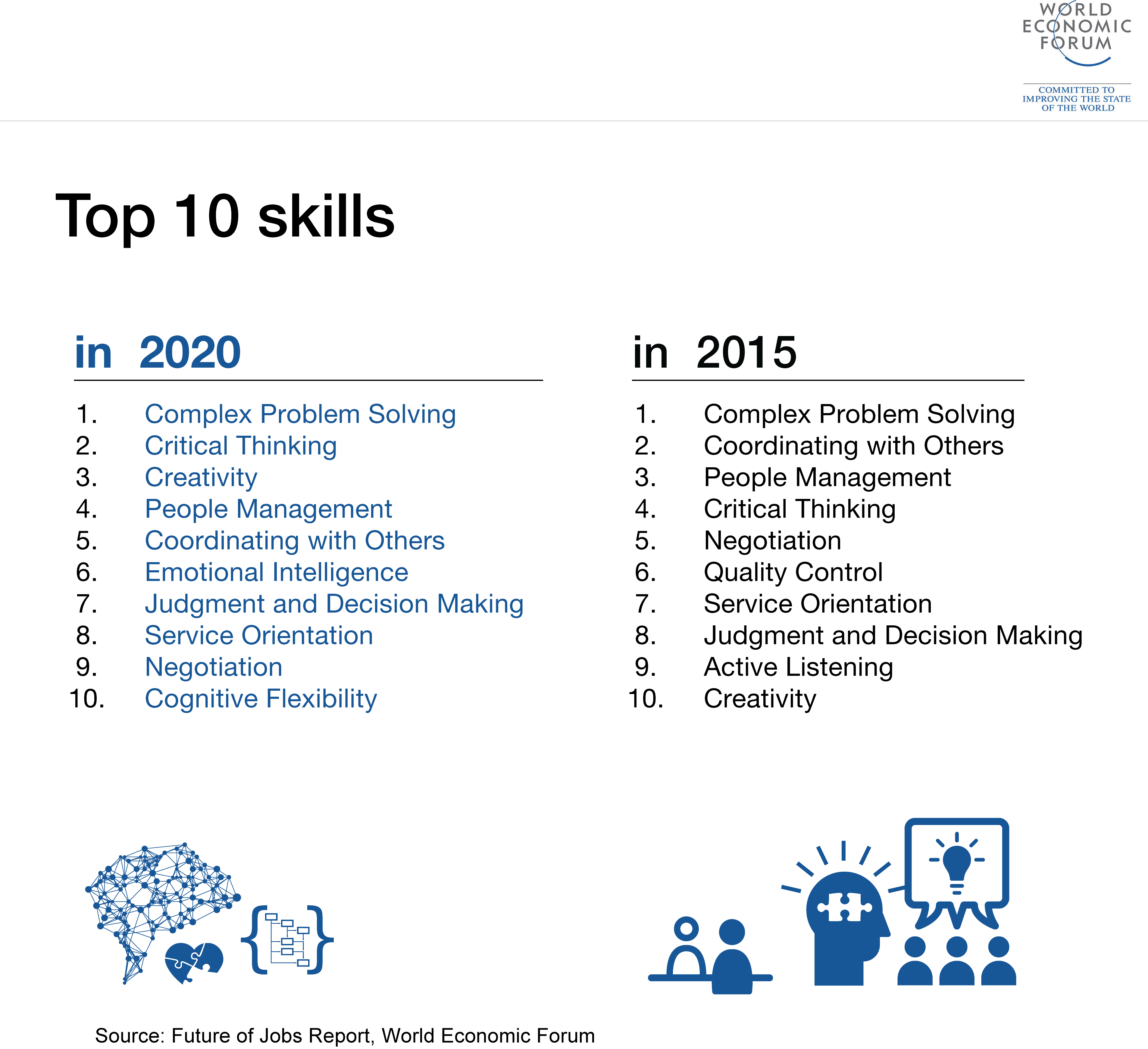The world of recruitment is changing.
While qualifications, certifications and experience will always be vital parts of the recruitment process, hiring companies are placing more and more focus on looking for those with the right soft skills for the role.
These soft skills include things like empathy, listening and communication: skills that may not have a bearing on an individual’s ability to perform a specific role, but that will affect how they fit into an organisation’s existing culture, and how they gel with the rest of the team.
At Identifi Global, we believe that businesses should hire the right personality for the role, rather than simply choosing the candidate whose CV lists the right skills and qualifications. Why? Because you’ll know that you’re not only being offered the right role, but the right role in a team that’s suited to who you are as a person. It means morale, motivation and productivity will likely be higher – and hiring companies could benefit from reduced staff turnover.
So what are these soft skills, why are they so important, and how can you best convey them when applying for your next role?
The skills of the future
The employment landscape is in a state of constant flux. Every year, we see new roles and job titles emerge – 15 years ago, who would have predicted that you could become an AI Engineer or a Cloud Architect?
Similarly, as technology matures, we may see existing roles disappear completely, amalgamated with other roles or even taken on by a computer. For this reason, it’s vital that you’ve futureproofed your hard skills to stay relevant and employable.
- You may like: How to prepare for a video interview
Demand for certain hard skills is ever-increasing: things like machine learning, AI, data visualisation and cybersecurity are all useful tools to have in your armoury. By broadening your hard skill set above and beyond your current role, you increase your chances of a successful career. After all, if you’re a C++ programmer with no additional IT knowledge, what will the world of work look like should this programming language become obsolete?
Having the relevant hard skills for a role will get you noticed and help you to secure an interview. But when it comes to deciding between similarly qualified candidates, it’s your soft skills that employers will be scrutinising.
Going soft
As technology becomes more and more integral to the work we do, our soft skills will become more important than ever. And they’re already more crucial than you may think. Research from the Society for Human Resource Management showed employers to place more value on soft skills than on more technical abilities like mathematics and reading comprehension.
“It’s so important to invest time and effort in honing your soft skills.”
With traditional training, though, tending to focus more on the technical than the interpersonal, it can be easy to let soft skills slide. But technology can’t do everything, and it can quickly become obsolete. That’s why it’s so important to invest time and effort in honing your soft skills – the human side of things that can improve your visibility, help you to build and maintain relationships, and further your career opportunities. They are, essentially, the difference between a good candidate, and an outstanding one.
So, what are the soft skills we should be focusing on?
According to the World Economic Forum’s Future of Jobs Report, complex problem solving, critical thinking and creativity are top of the desired soft skills list, the second and third-placed skills very different from 2015.
Emotional intelligence and cognitive flexibility – the ability to think about multiple concepts simultaneously appear in the 2020 list but not in the list from 2015, replacing quality control and active listening in the top ten.
These skills are all personality-driven and, for the most part, cannot be taught in the same way as more technical hard skills. So how can they be cultivated, and how can you ensure that you demonstrate them when applying for your next role?
Letting your soft skills shine through
For some, these soft skills may come naturally: you may be innately emotionally intelligent or creative. For others, such skills may take more work. Speak to colleagues or friends to find out which soft skills they feel are your strongest and which are your weakest – and for the latter, don’t be afraid to throw yourself into work situations that will encourage you to get out of your comfort zone and hone these skills further.
If people management is an area you feel needs work, for instance, volunteer to take a new team member or an apprentice under your wing to show them the ropes. If you’re looking to improve your decision-making abilities, take a look at Capterra’s five suggested steps to make this easier.
“Be sure to include examples of where you’ve demonstrated your relevant soft skills.”
Once you’ve honed these skills, you’ll want to show them off to prospective employers. It’s not enough, though, to simply state “Great at negotiation” on your CV: be sure to include examples of where you’ve demonstrated your relevant soft skills, so they can see that you’re not just technical, but can show the personal attributes that make you well-suited to the role, too.
In an interview situation, it can be even harder to let these soft skills shine through: it’s very easy to get caught up in the finer points of the job description and focus on your hard skills, without really giving your personality a chance to come through. Let the interviewers see who you really are – and give examples of your human as well as your technical side – as this could be the difference between a job offer and a rejection.
Personality first
You may be the perfect candidate on paper when it comes to your hard skills (the technical abilities you have that prove that you tick every box on a job description). But if you fail to pay the same attention to your soft skills, you could well find that your dream role is out of reach.
That’s why, at identifi, we use a psychometric testing tool – identifi Me – to give a snapshot of your personality type and general working style. It means that, as well as establishing your technical skills, we can understand your personality at work – how you work best, what keeps you engaged and the type of work culture that you’ll thrive in – so that we can find the role that’s the right fit for you, and the candidate that’s the right fit for each employer.
The importance of soft skills shouldn’t be underestimated. Employers everywhere will look for a good mix of both hard and soft skills when recruiting, so it’s important that you future-proof your own for career success. Demonstrate your soft skills in a concrete way to prospective employers, and you’ll make it far more likely that you’ll land the job of your dreams.
See our online work personality assessment – including a free unique feedback report – identifi Me.

